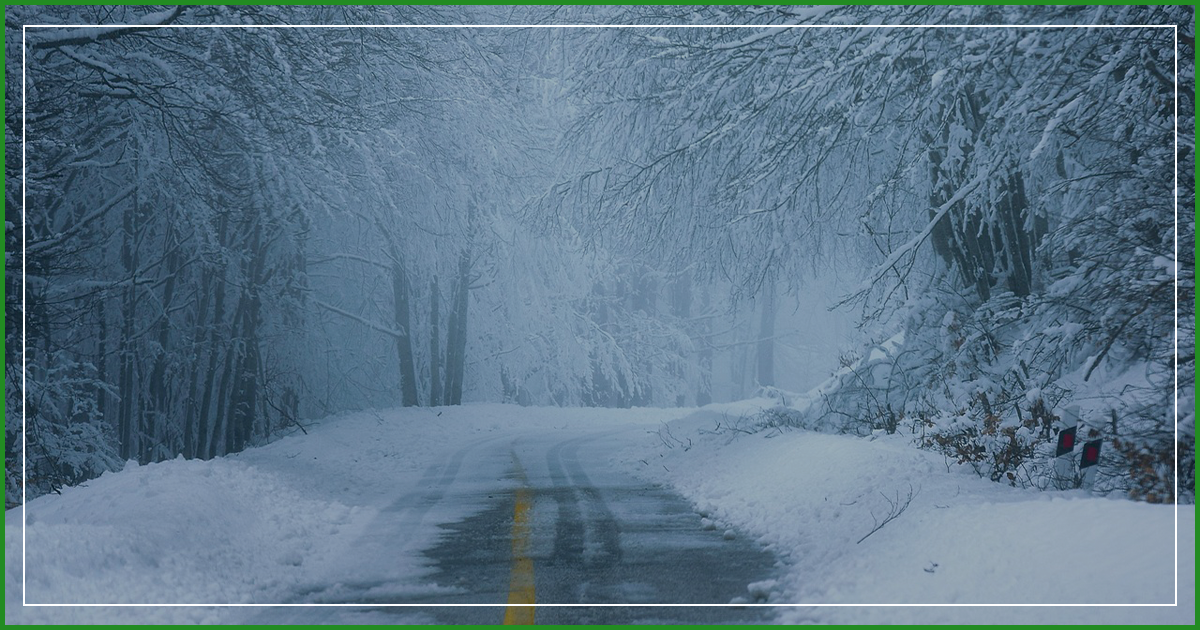How To Winter-Proof Your Vehicle
Montana winters involve freezing temperatures, substantial snowfalls, and harsh conditions. During this season, there is a greater risk of being involved in an accident. According to a U.S. Department of Transportation study, about 21% of all accidents are related to hazardous weather like snow and ice.
If you are looking to stay safe this winter, take the time to properly winter-proof your vehicle. When you do so, you can keep yourself and others safe on the road.
At Western Justice Associates, PLLC, we have seen plenty of serious or deadly car accidents on Montana roads. Our goal is to keep everyone safe, no matter what the season. You need to protect your vehicle from harsh weather conditions. Here’s how to winter-proof your vehicle to enhance your safety.
Check Your Tires
Since you will be driving on icy and snow-covered roads, you will want to make sure your tires are ready for the job. Before winter sets in, make sure to switch to winter tires.
Is there a difference between them and regular tires? Winter tires have a different trend pattern that allows them to provide better traction on slick roads. They are also made with softer rubber material, which can better grip cold surfaces.
Along with that, you will want to check the tire pressure. As you may already know, you will have better handling, improved fuel efficiency, and even tire wear with properly inflated tires.
Low pressure in the tires will not give you the best traction. And in serious situations, it could even lead to a blowout. You will want to monitor the pressure with a gauge throughout the winter, especially the fluctuating temperatures. If the tire happens to get to a low level, you can always fill it up with air. However, if you continue to have issues, take the tire in and inspect it for leaks.
Change Your Wipers
Snow, ice, and debris can all cloud your windshield. You will want to make sure you have clear visibility as you travel down the road. Now, not only can that help to navigate a treacherous road, but it can also prevent an accident. Take a few minutes to clean ice and snow from your windows, lights, and mirrors.
If you are driving through a snowstorm, you want to have working wiper blades. Good-quality wipes can ensure you can remove the snow from your view. Over time, these wipers can wear out and be less effective. Before the winter season starts, replace your old wipes with ones designed for winter. These blades are made for tough weather conditions, like ice and snow.
Inspect Your Battery
When the temperature becomes frigid, you will want to make sure that your vehicle will start. For that reason, you need to inspect your battery. First, check the battery terminals regularly for any signs of corrosion. If you spot a little debris, you need to clean it off right away. Otherwise, it could damage the battery or your vehicle’s electrical system.
Also, don’t forget to check the terminals. If you don’t want to be left out in the cold, always have your battery tested on a regular basis. Like most components, batteries can lose their ability to hold a charge over time. So, when you need to start the vehicle, you might be out of luck. While some batteries can be recharged, older batteries should be replaced before winter.
Don’t Forget the Brakes
One of the most important things you can do is inspect and replace worn brake pads and rotors before winter. This step ensures that your vehicle can come to a stop quickly and safely, even in slippery or icy conditions.
Another key aspect of brake system maintenance is checking the brake fluid levels. Over time, brake fluid can become contaminated, affecting its ability to properly transfer pressure from the brake pedal to the brakes themselves.
Keep Up With Regular Maintenance
No matter the season, you always want to maintain your vehicle. Before winter, you will want to focus on:
- Oil change: Don’t forget to keep up on oil changes. Fresh oil keeps your engine lubricated and reduces wear and tear on engine components.
- Fluid levels: Cold weather can affect fluid levels in your vehicle. Always check and top off essential fluids, such as brake, transmission, and power steering.
- Air filter: Over time, the filter can become clogged, especially when leaves fall during autumn. A clogged filter reduces airflow and causes poor engine performance. Your air filter should be replaced periodically to ensure proper airflow to the engine.
- Spark plugs: Spark plugs ignite the fuel in your engine so you can power your vehicle. If you have old or poorly functioning spark plugs, get them replaced before the cold weather settles in.
With all these tips, you can properly winter-proof your vehicle for the season. Hopefully, this is enough to stay safe throughout the winter. But if you do get into a truck or have a car accident, make sure to reach out to an experienced personal injury lawyer. We’re standing by at Western Justice Associates, PLLC if you’d like to discuss your crash case and your potential right to take legal action to recover compensation.









